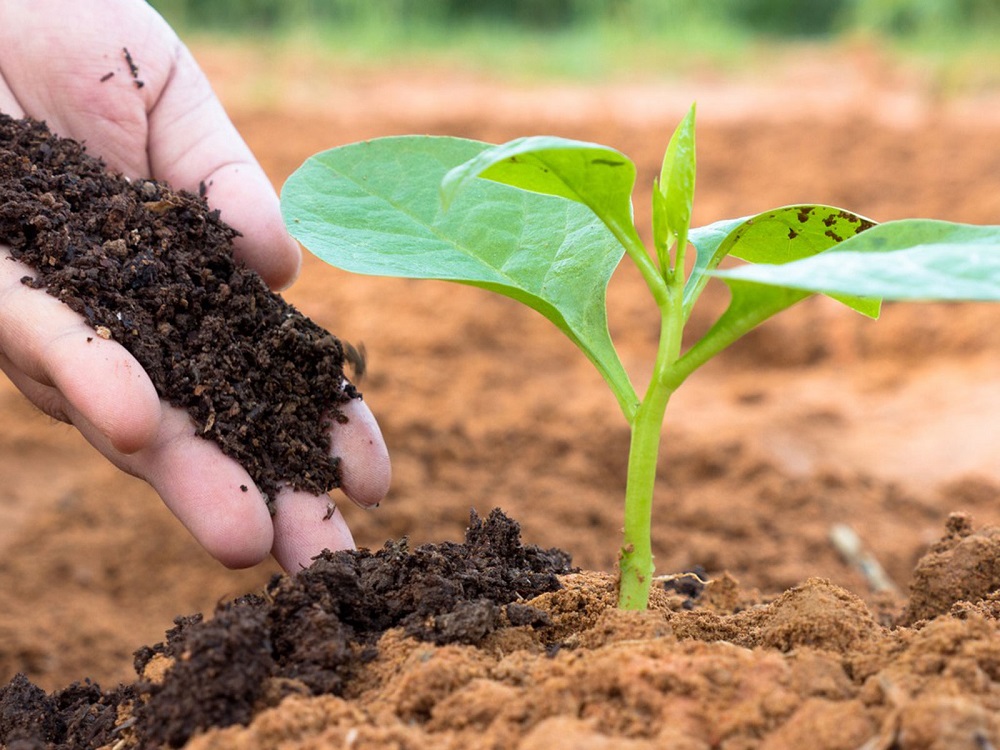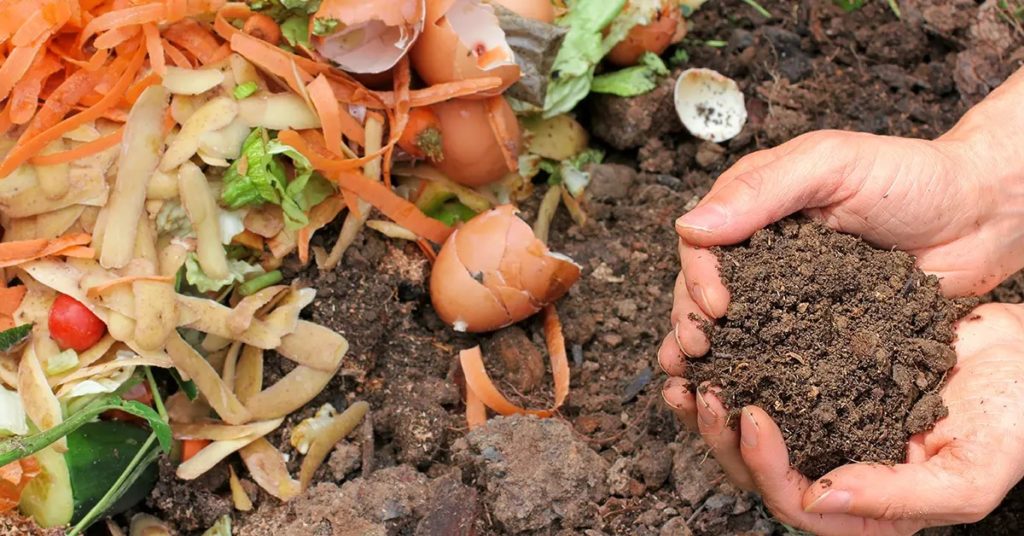The average American family of four produces over 20 pounds of waste per day. While much of the waste is destined for and belongs in a landfill, many homeowners fail to recognize the potential value of their organic waste.
Banana peels, used coffee grounds, vacuum cleaner dust—these waste byproducts are utterly worthless in their current state. Why wouldn’t you simply just discard them in the trash bin and move on? Because these organic scraps can be transformed into nutrient-rich gold for your home garden!
To grow beautiful flowers or healthy crops, gardeners must ensure that their soil is healthy and creating a suitable environment for their plants to thrive. In many soils, it’s necessary to replenish the nutrients with fertilizer. While fertilizer focuses on feeding the plants, compost helps improve the soil’s ability to hold moisture, while also providing a supply of much-needed nutrients.
Let’s look at a few different composting techniques to help you identify the right composting method for your household.
Vermicomposting vs Traditional Composting
There are two popular methods for transforming your household waste into garden compost— hot composting and vermicomposting.
Hot composting, which is the traditional method used most often, involves adding organic waste and scraps into a confined bin or outdoor pile. As the pile heats up, the waste begins to break down through an aerobic process. To prevent overheating, the matter must be turned frequently, often accomplished with a tumbling-style system.
Vermicomposting uses a different mechanism for breaking down the waste. This technique makes use of composting worms confined to a bin, which consume and convert the organic waste into worm castings and concentrated worm leachate. Food scraps and appropriate waste must be added daily or weekly to the bin, as the worms are gradually fed and cared for.
Of the two, vermicomposting is generally considered to be the faster method for composting, though the upfront costs are slightly more for a bin and worms.

Which Composting Method to Use
Choosing your preferred method of composting is the first step. If you have a large yard and prefer to create a pile in the corner of your yard, traditional composting is a logical choice. This option might also be more suitable for larger families or those that create a sizable amount of organic waste.
If space is limited or you prefer a confined or portable composting system, vermicomposting is almost certainly the best fit for you. There are a variety of flow through worm systems on the market, each with varying capacities and features. Some worm composting systems are even versatile enough to be used indoors.
What are You Waiting For?
Once you’ve narrowed in on your preferred method, there’s no better time than the present to get started! Whichever method you choose, composting benefits both your garden and the environment, reducing your waste footprint while enriching your garden!
Both methods also provide a great teaching opportunity for children who are interested in getting their hands dirty.






